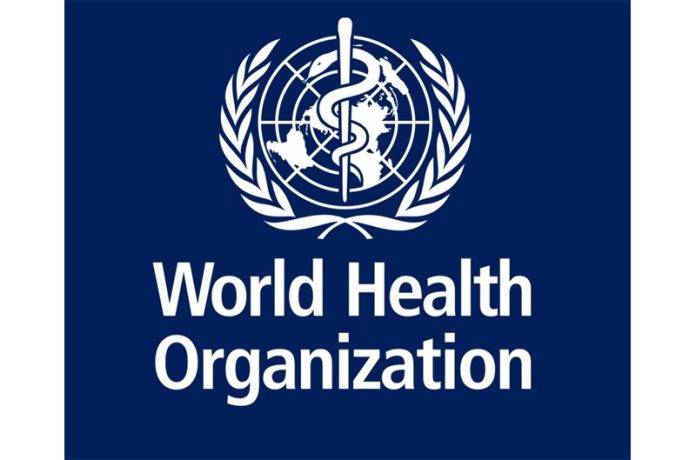LONDON, Dec 20 : India has demonstrated significant progress in reducing malaria cases and associated mortality in the country’s high-endemic states, according to the findings of the World Health Organisation’s (WHO) ‘World Malaria Report 2024’.
At a meeting in the UK Parliament complex this week, stakeholders gathered to reflect on the report’s findings and make the case that investing in ending malaria is the economically smart thing to do.
It was noted how community health workers in India, comprising mainly women, are reaching remote populations and “significantly driving down malaria cases and deaths”.
“India exited the HBHI [high-burden to high-impact] group officially in 2024 due to significant progress in reducing the malaria incidence and mortality observed in its high-endemic states,” the report observed.
“Nationwide, the number of estimated malaria cases in India decreased from 6.4 million in 2017 (the year before the HBHI’s introduction) to 2 million cases in 2023 (69 per cent decrease). Similarly, the estimated malaria deaths decreased from 11,100 to 3,500 (68 per cent decrease) during the same period,” it said.
The HBHI refers to a targeted WHO initiative aimed at the most acutely malaria-impacted regions of the world, including several countries in Africa.
Globally, almost one in 10 children die from malaria each year.
“While we are making progress towards malaria reduction, we look forward to our upcoming ‘Commonwealth Malaria Report’, to be published in the first half of 2025, and supporting countries in advocating for comprehensive malaria elimination strategies, which will be crucial for achieving a malaria-free world by 2030,” said Layne Robinson, Head of Social Policy Development at the Commonwealth Secretariat in London.
Members of the All-Party Parliamentary Group (APPG) on Malaria and Neglected Tropical Diseases were updated on the work of UK-funded organisations, such as Zero Malaria and Gavi, the Vaccine Alliance, in delivering malaria-fighting tools worldwide.
“Malaria is a disease that affects a diverse range of people but takes a disproportionate toll on the poorest, least educated, and most disenfranchised people in the world. That includes women and girls, the poor, and those living in the most remote areas. This year’s report shines a light on malaria’s relationship to inequality,” said Dr Astrid Bonfield, CEO of the charity Malaria No More UK.
“It also underscores how gender and socioeconomic factors intersect, with women and girls disproportionately affected due to barriers in accessing prevention tools, diagnosis, and treatment,” she said.
The African continent accounts for 95 per cent of global deaths from malaria. The Commonwealth said it continues to take steps against malaria, given that at least 21 of its member countries are impacted by the deadly disease. (PTI)


